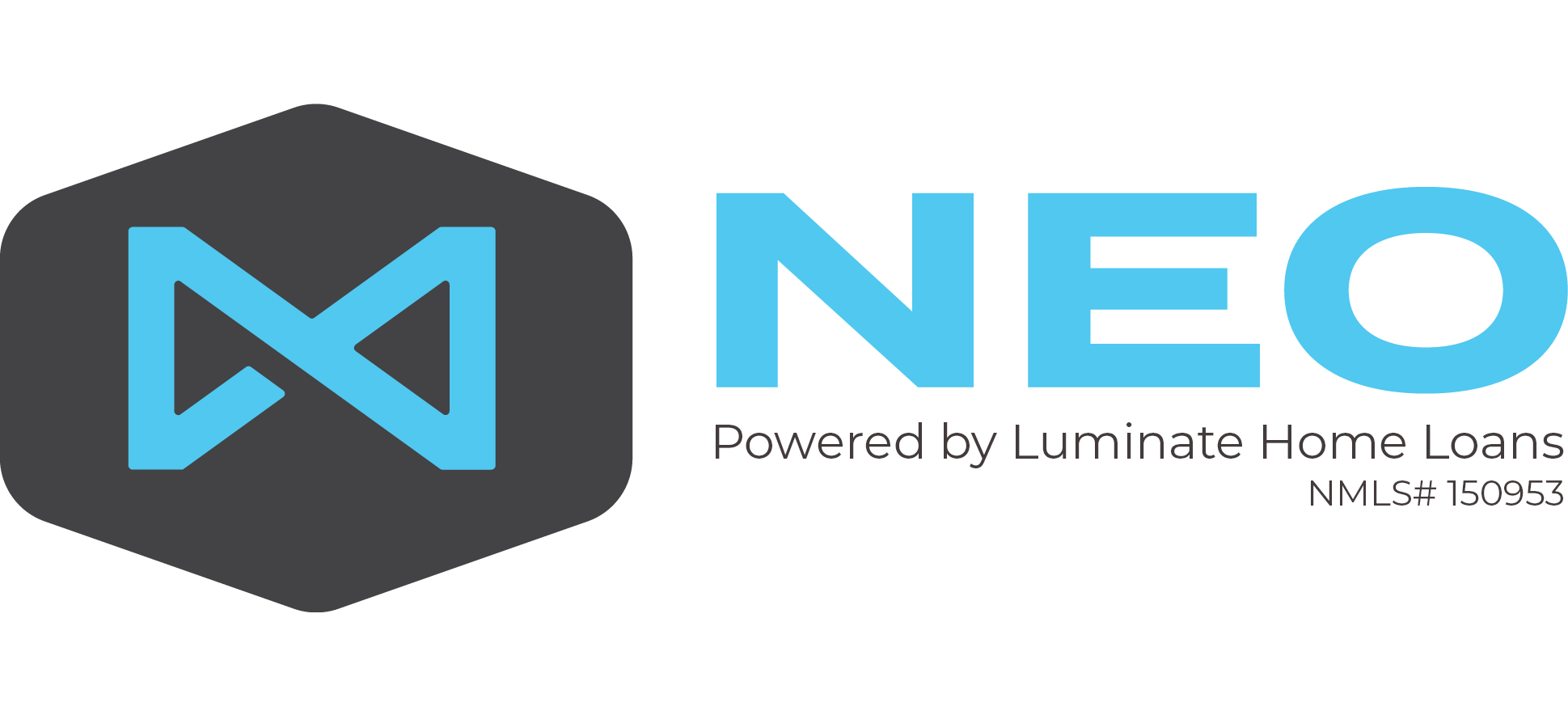Have you heard that FHA has life of loan mortgage insurance? Would you like to know the FHA mortgage insurance requirements which don’t always require the mortgage insurance to be paid for the entire term of your mortgage? All mortgage products have a variety of options, structures and adjustments to how the loan numbers are calculated. FHA is no different. Today, I will share with you what FHA’s requirements are when it comes to mortgage insurance so you can be clear on exactly how it works.
Up-Front Mortgage Insurance Premium (UFMIP)
FHA, unlike conventional, requires the borrower to pay two forms of mortgage insurance – up-front and monthly.
Up-Front mortgage insurance is simple. The amount of the mortgage insurance required to be paid up-front does not change based on your loan. If you are getting an FHA loan your up-front mortgage insurance premium is 1.75% of your base loan amount. The good news is that your UFMIP can be financed into the mortgage. Even though the max loan-to-value is 96.5% (in other words, 3.5% minimum down payment) the UFMIP can be financed on top of that. Here is a calculator so you can see how it works – try it out – plug in any base loan amount and it will calculate your UFMIP and full loan amount:
[CP_CALCULATED_FIELDS id=”9″]
As you can see FHA has two loan amount calculations – base loan amount and full loan amount. You probably already figured this out based on the previous explanation but the base loan amount is simply the purchase price minus the down payment, prior to the UFMIP. The full loan amount is the base loan amount plus the UFMIP (rounded down to the nearest whole dollar).
Monthly Mortgage Insurance Premium
FHA requires you to pay not only the up-front mortgage insurance but also monthly. FHA monthly mortgage insurance premiums are not quite as straight forward as the up-front. See, the monthly mortgage insurance varies based on how you structure your FHA mortgage. The other thing that changes is how long you are required to pay the monthly mortgage insurance. Let me show you a chart so you can see what I mean:
| LTV | TERM | MONTHLY MI | MIN TIME MI PAID |
|---|---|---|---|
| > 95.01% | > 15 Years | .85% | Life of Loan |
| 90.01% – 95.00% | > 15 Years | .80% | Life of Loan |
| up to 90.00% | > 15 Years | .80% | 11 Years |
| > 90.00% | 15 Years or less | .70% | Life of Loan |
| up to 90.00% | 15 Years or less | .45% | 11 Years |
Still confused? How about another calculator?
[CP_CALCULATED_FIELDS id=”10″]
Mortgage Insurance Premium versus Private Mortgage Insurance
So what’s the difference between MIP and PMI?
MIP = Mortgage Insurance Premium
PMI = Private Mortgage Insurance
MIP is found on FHA loans while PMI is found on conventional mortgages. The biggest distinction between FHA mortgage insurance and conventional mortgage insurance is who provides the insurance. When you get an FHA mortgage the mortgage comes with mortgage insurance, provided by the US Department of Housing and Urban Development (HUD). With conventional loans, however, the mortgage insurance is offered through private mortgage insurance companies. Hence the name private mortgage insurance.
Because the mortgage insurance comes attached to the FHA mortgage it can simplify the underwriting process because once you are approved for the FHA loan you are approved for the mortgage insurance that is required to obtain the mortgage insurance.
With conventional financing, that is not the case. There are a variety of private mortgage insurance companies that can be used with conventional loans. Each of these companies have their own rules, requirements and rates. Putting 10% down down a conventional loan does not equate to a particular mortgage insurance factor like we showed above on FHA mortgages. Instead each PMI company can offer any rate they are willing to offer to try to earn that MI business. We find, in general, that most PMI companies are pretty similar in their rates but sometimes their requirements can vary quite a bit. Although it is normally not a problem for qualifying, it does add an extra layer of underwriting and therefore complexity to the conventional mortgage qualifying process that FHA does not have.
There you have it! Are you looking to finance a home in Colorado using FHA mortgage financing? If so, let’s talk.



![Why I Like FHA Monthly Mortgage Insurance [FHA MIP EXPLAINED] Why I Like FHA Monthly Mortgage Insurance [FHA MIP EXPLAINED]](https://lendingahand.com/wp-content/uploads/FHA-MI-Explained-sm-768x432.jpg)
